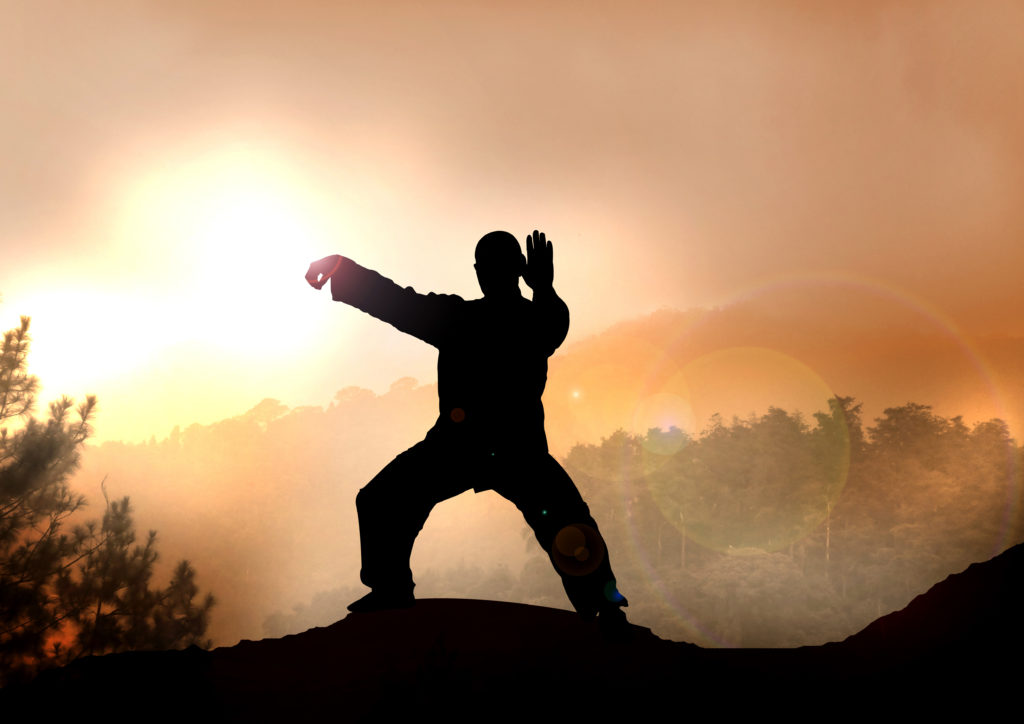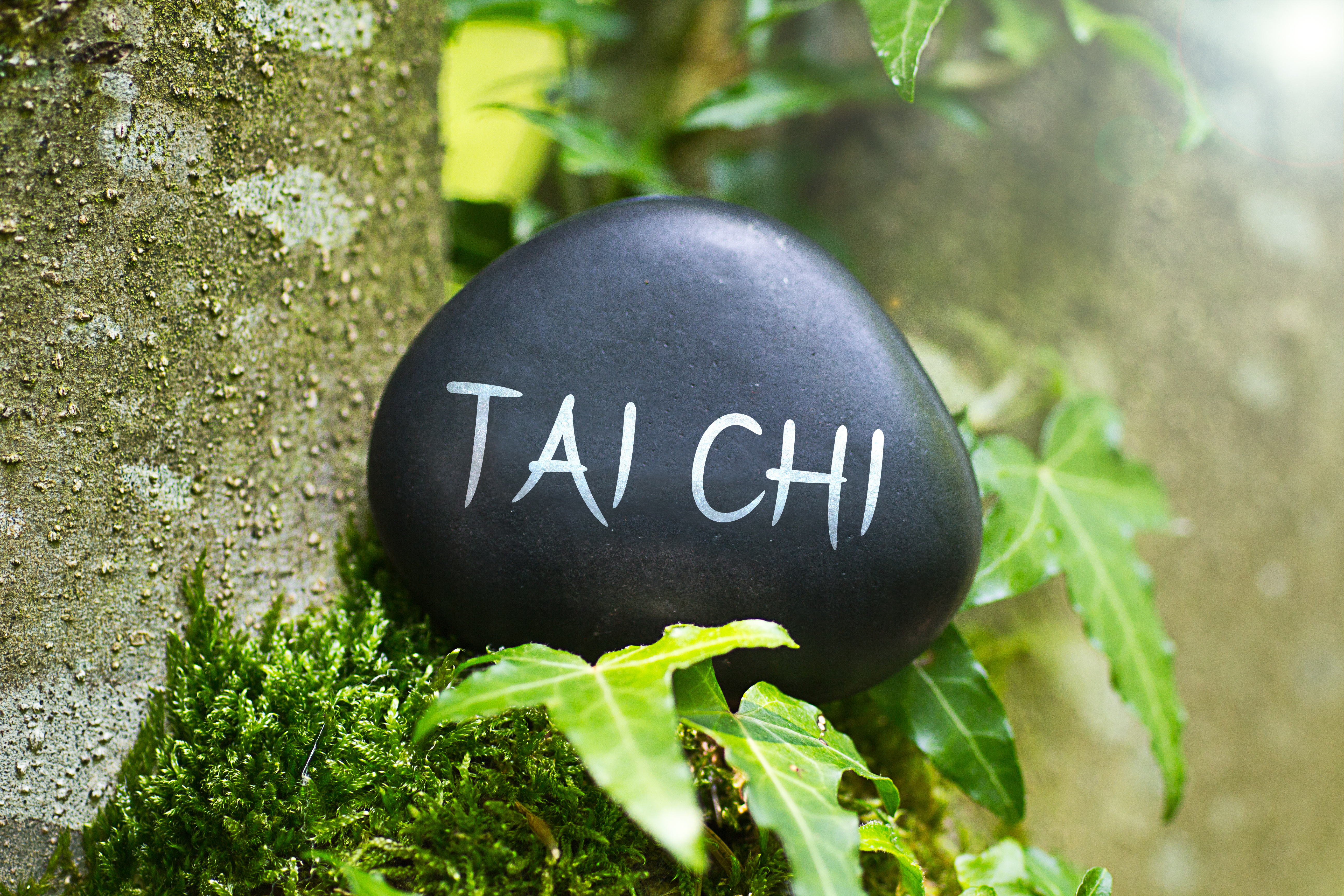Tai Chi differs from other exercises in several respects. Some of these differences include;
- The movements are circular
- The body joints are not fully bent or extended
- The connective tissues are not stretched
- The body muscles are relaxed instead of tense
One fact what stands out with tai chi is that one can quickly adapt it, that is from the people who use wheelchairs while recovering from surgery to the fittest people.
The Health Benefits
- Reduces stress
The main benefit of tai chi is its ability to reduce anxiety and stress. It’s primarily because the exercises involve focused breathing and meditation, which makes it ideal for reducing stress and anxiety. When compared to other forms of exercise, tai chi stands out because it is very accessible and of low impact. Nonetheless, researchers found it to be inexpensive, safe, and a good option for people looking to reduce anxiety and stress without using medication.
- Improves flexibility, balance, and muscle strength
A recent piece of research pointed out that older people who practiced tai chi regularly had improved body flexibility, balance control, and cardiovascular function. Nonetheless, the exercise offered psychosocial and physiological benefits to their bodies.
- Boosts cognitive function
Many people in the medical sector here in the US term cognitive decline as prevalent. It’s because about 40% of older adults in America suffer some form of cognitive impairment, such as Alzheimer’s disease and dementia.
Regardless of what the statistics say, the cognitive decline should not be considered synonymous with older people. It’s because tai chi boosts memory and cognitive functions, particularly the verbal working memory. Tai chi is an excellent alternative mind-body exercise that improves the cognitive functioning of older adults.
- Better sleep
Older adults suffering from cognitive impairment have been found to also suffer from impaired sleep quality. That being the case, the search of non-pharmacological approaches has really gained momentum. The greatest challenge is that most of the older adults have low physical strength and medical conditions like cognitive impairment; therefore, they cannot engage in certain exercises. Consequently, they suffer from impaired sleep quality.
There was a sigh of relief in the medical world after acceptance of tai chi. And, it was not just any form of tai chi, but the tai chi qigong (TCQ). This was because the exercise was tailored to mental conditions, and consequently, improved sleep qualities in the areas of sleep efficiency and sleep duration.
- Reduces the risk of falls

Apart from cognitive decline, the risk of falling is an ever-present thing among older adults. As such, finding therapeutic approaches that help to reduce the risk of falls has been of significant importance. A recent piece of research indicated that tai chi had a significant protective effect on fall prevention risk. Nonetheless, researchers added that there is still a need for determining the time, frequency, and optimal style of this program for older adults. However, it is still worth trying.
Other emerging benefits of tai chi include; improved fibromyalgia symptoms, improved COPD symptoms, relieves back pain, arthritis pain, and cancer-related fatigue, and promotes weight loss.
Final Thoughts
This ancient Chinese mind-body exercise is now a popular therapeutic approach. It is now taught in community centers, health centers, and schools. Moreover, you can learn tai chi techniques from video resources and books. Add tai chi to your health bucket list, and indeed you will enjoy these benefits.
